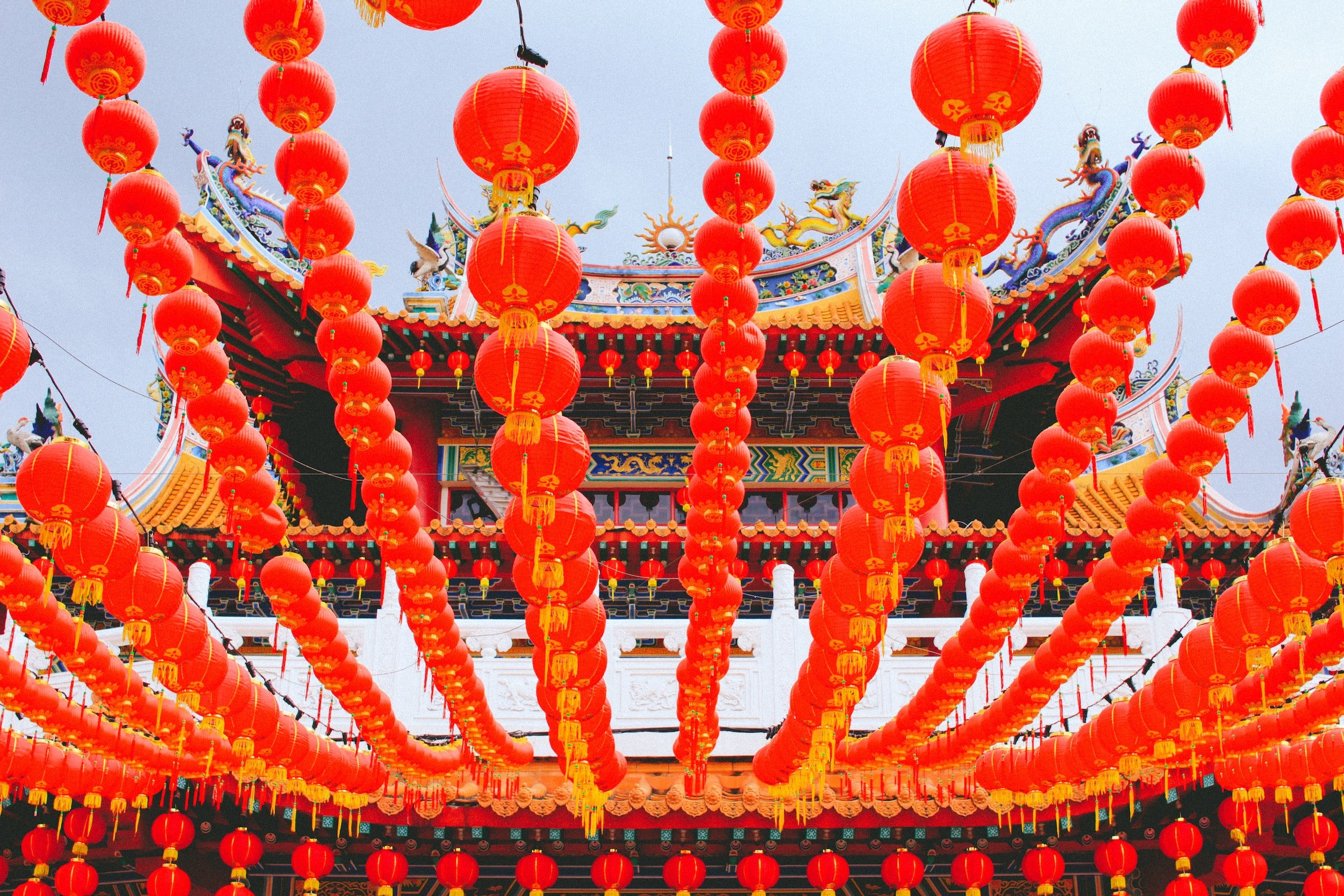
Editor’s note: Here, we have excerpted a second section from an honest discourse between Chinese house church pastors and American pastor and author Paul Tripp. In this conversation, the house church pastors ask Paul’s opinion on what it means for pastors to be a part of the church body in a hierarchical society that often separates them due to their position, and question him about the meaning of accepting their own limits in ministry and in life.
You can see the first excerpt from that discussion here.
S.E. Wang: Aside from people putting pastors in the “more spiritually mature” category, there is another dimension, because Chinese culture is very hierarchical. In English, I am free to call you Paul. But in China, no one would call you Paul. If you asked them to do that, they would not know what to say—they have to put a title there. They need to show reverence. That is a part of the culture.
One dimension of this is that people put you [as a pastor and leader] into a more powerful, higher position. That is part of what is causing the loneliness. Can you speak to that?
Tripp: This is a bit humorous, because I am in a similar situation. My wife and I attend a church that is eighty-five percent African American. That culture will never call me Paul. I am not the pastor; I am not an elder; I am an attender. But I’m “Dr. Tripp” to everyone. As much as I try to get people to just call me Paul, it will never happen. I have two thoughts.
Never miss a story
The first is that there is a distinction between respect and building relationships with candor. I can hold somebody in great respect, but have a very honest relationship with them. Those things are not mutually exclusive.
>
”“I must study my culture, and identify the places where my culture has norms that are different than what God calls us to.”
The second thought is that when you place the gospel in any culture, one question that should be asked is, “What in this culture gets in the way of the work of the gospel?” In America, the number one issue is individualism. There is an idea of a strong American individual who never needs anyone and pulls themselves up by their bootstraps. That is not the gospel! That counters everything the New Testament teaches, and is something every pastor has to learn to address in the lives of his people.
In China, you have to ask, “What cultural norms do I need to address if I am going to see the gospel advance in the lives of my people?” That is a lifelong process of cultural analysis. A good pastor is a student of his people and of the Bible. As a pastor, I must first submit to the Bible. I love God above all else, so I love his work. I study my people, and I know their culture. These are the two great commandments. When these commandments come together, that is effective pastoring. Knowledge of Scripture and of other human beings come together for effective preaching, teaching, pastoring, and counseling. I must study my culture, and identify the places where my culture has norms that are different than what God calls us to. Some of this could even be regional.
Pastor Wu Qiang: In your book Lead, you said that there are limited gifts, time, energy, and maturity. But we find great needs in the local church and in public ministry. Sometimes we have to work in both the local church and the public domain—how can we balance ministry in both areas?
Tripp: There is only one unlimited Person in the universe; it’s the Lord. I have limits that God, in his sovereignty, has placed on me that I will never move beyond. Trying to work beyond your limits is spiritually unhealthy and will not produce good fruit. You can’t let the pressures of expectations or the volume of work cause you to act like you don’t have limits.
Let’s take the limits of time. I will never get thirty hours in a day or ten days in a week. If something eats up more and more of my time, it will, of necessity, eat into something else in my life. If I have a family, I have a moral responsibility to manage the family well. That’s one of the qualifications of an elder. My first congregation is my family. If I keep adding ministry duties, I will be an absentee husband and father. If I accept too much in the public arena, that will eat up my commitment to pastor the people in my church.
Every time you accept something new, you have to ask: “What will I not do in order to do this?” If you are already busy and you add something new, there is something you will not be able to do. I don’t think pastors ask that question—they just think that somehow they’ll get more time and ability.
>
”“Humility says, there is one Messiah, and he’s not me. I have limits. One of the most spiritually healthy things a pastor can say is no. No one loves his church more than the Lord of the church does. He will meet the needs of his church.”
Second, you have limited maturity. You must not accept so much ministry that you have no time to nurture your own soul. I have had hundreds of pastors confess to me that, in the busyness of ministry, the thing that has ended is their own devotional life.
I have limited gifts. There are things I should just not do because I’m not gifted to do them. I should trust that God will supply somebody else to do them. You have to be humbly honest about the limits of your ability. If you are already busy, everything you add will mean you cannot give yourself well to something else you have agreed to do.
Pastor Wu: It’s about priorities.
Tripp: If you are in ministry, you love the gospel, and opportunities. Please hear me—you cannot be managed by opportunity. You have to be managed by humility. Humility says, there is one Messiah, and he’s not me. I have limits. One of the most spiritually healthy things a pastor can say is no. No one loves his church more than the Lord of the church does. He will meet the needs of his church.
Pastor Hu Yongjie: We believe we are incomplete, not perfect, and that God is growing us in ministry. Our limitations change—maybe I can be more productive or manage my time better. Is failure the only way to test my limitations?
Tripp: You have God-appointed limits of time that will never change. You have to accept that. You won’t get more days in a week than God set at the point of creation. What can change is the efficiency and wisdom with which you use that time. But the time structure was God’s decision, and you and I didn’t have a vote.
You have a gift set that won’t change; you will get better in the use of that gift set. I make much better use of my gift of writing now than I did early in my ministry. Inside of limits, there can be growth of maturity that will help you to deal with those things. You will always need rest and retreat, you will always need to eat, you will always need to take care of your body. What will change is the way you approach that.
Denial of your limits is immaturity, and doesn’t produce good things. Humble acceptance is maturity. The more mature a pastor is, the more he is aware of his limits, and sets boundaries so he does not work beyond those limits.
Dr. Paul David Tripp is a pastor, event speaker, and author. Paul’s driving passion is to connect the transforming power of Jesus Christ to everyday life.
FOR PRAYER AND REFLECTION
Pray for Chinese pastors to embrace their limits and to rejoice in living within the boundaries God has placed on their lives.



































